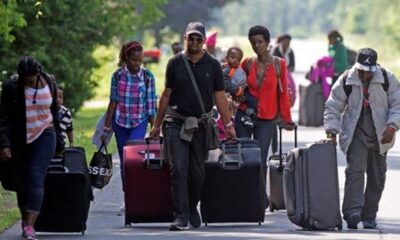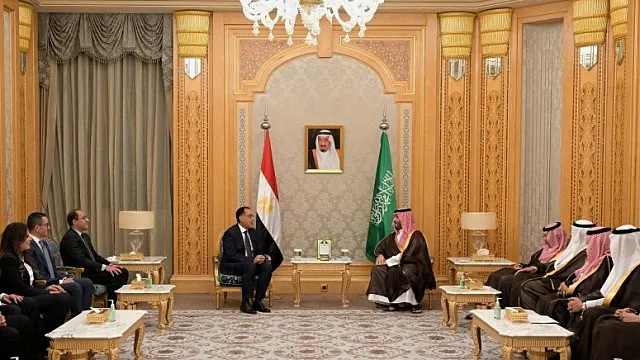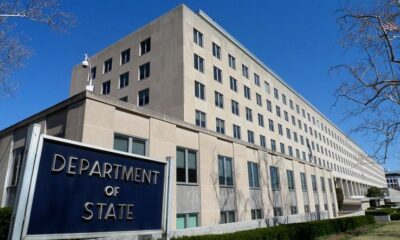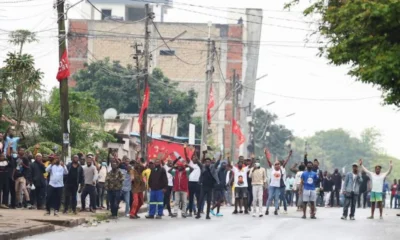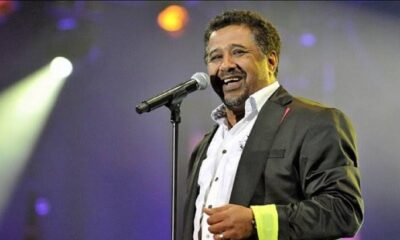During discussions in Cairo on Tuesday, Egypt’s President, Abdel Fattah al-Sisi, and Saudi Arabia’s Crown Prince, Mohammed bin Salman, called for a ceasefire in Gaza and Lebanon.
The meeting also marked the beginning of a strengthen economic and investment cooperation.
According to Egypt’s presidency, the leaders observed the formation of a supreme coordination committee between Riyadh and Cairo to further collaboration, as well as the signing of an agreement to promote and safeguard mutual investments between the two nations.
The visit is taking place amid rumours regarding possible Saudi investments in Egypt, which this year has seen a significant inflow of outside funding, including a $35 billion transaction with the UAE sovereign fund ADQ.
In 2022, the crown prince, also referred to as MbS paid his final official visit to Egypt. Saudi Arabia, which had previously given Sisi’s Egypt financial help, later said it was going to start investing instead of giving allies direct assistance.
According to a statement released by the president on Tuesday, the two leaders discussed efforts to strengthen economic ties between Cairo and Riyadh, with a focus on trade, investment, and economic integration in the transportation, energy, and tourist sectors.
According to the presidency, the leaders also spoke about regional events, specifically the circumstances in Gaza and Lebanon, and “they demanded to start taking steps to reach calm that include a ceasefire in Gaza and Lebanon.”
By Tuesday afternoon, Egypt’s government dollar bonds had gained the most, with longer-dated maturities seeing the biggest gains. By 11:28 GMT, the 2059 maturity gained 1.73 cents, bidding at 77.80 cents on the dollar.
Last month, the prime minister of Egypt declared that Saudi Arabia intended to spend $5 billion in Egypt, separate and apart from the money the Gulf state had already placed in the Egyptian central bank.
Two tourist development locations on Egypt’s Red Sea coast and in the country’s southern Sinai peninsula—both of which are across Saudi Arabia—are potential investment destinations.
In order to address a protracted economic crisis that has resulted in record inflation, a mounting debt load, and significant currency devaluations over the last two years, Egypt has been actively pursuing substantial investments.

 Sports1 day ago
Sports1 day ago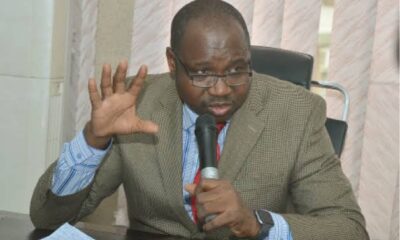
 Metro2 days ago
Metro2 days ago
 Musings From Abroad2 days ago
Musings From Abroad2 days ago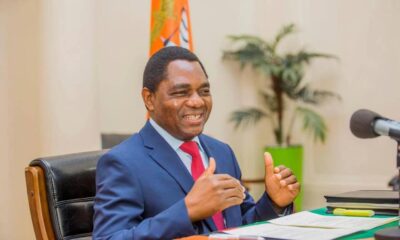
 Metro1 day ago
Metro1 day ago







